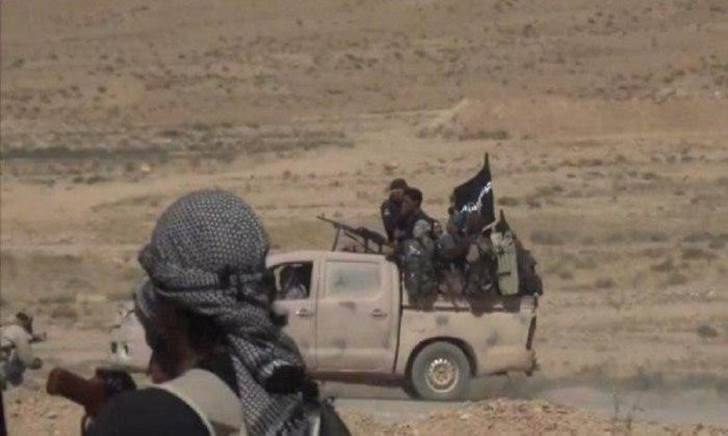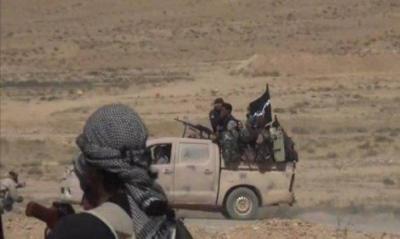The British newspaper "The Guardian" reported that although ISIS has struggled in Iraq and Syria, it is planning new attacks on the West and the execution of a new wave of terrorism. According to analysts interviewed by the British newspaper, the defeated ISIS in its main strongholds in the Middle East is making significant progress in Africa and parts of South Asia, where it has extended control over land and resources, which could serve as a launching point for a new campaign of violence.
The British report noted that European governments have heightened their security readiness to the highest level in years following the attack on a concert hall in Moscow that resulted in the deaths of 140 people. This includes France, which has raised its level of monitoring and warnings about risks to the highest status, and Italy, which has also strengthened its measures, as well as Germany, which is apprehensive about what it describes as a "severe threat."
The report mentioned that ISIS claimed responsibility for the Moscow attack, marking it as one of the deadliest Islamic extremist operations in Europe. Officials believe that the organization has been planning new operations against European targets for several years.
Western security officials with substantial knowledge of ISIS in Iraq and Syria stated that the group has abandoned its project to re-establish what it calls the "caliphate." However, successful strikes on international targets could be seen as "beneficial for morale and for the name of ISIS and compensate for its failures in its native land."
The report also pointed out that the leader of the ISIS West Africa Province, Habib Yusuf, is currently a member of the organization's central leadership council, indicating the successful status enjoyed by this ISIS affiliate. The report quoted Vincent Fuchs, a researcher at the French National Centre for Scientific Research, stating that "there are testimonies from ISIS leaders in West Africa discussing requests for advice regarding larger attacks and providing proposals and intelligence information. There is a lot of technical and jurisprudential advice being sent."
He added that "sometimes visitors, mostly Arabs or Chechens, come to provide advice, teaching, and consultation; however, it seems that the majority of discussions are taking place online."




